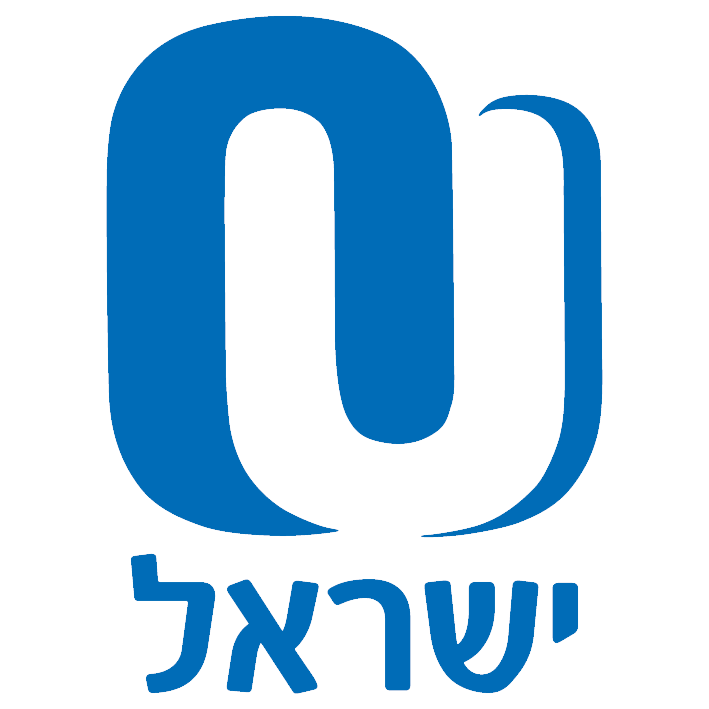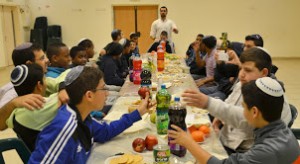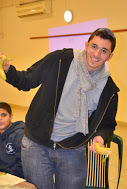There are two sides to Rehovot (population 114,000). The side that is well known includes the Weizmann Institute of Science, home of three Nobel Prize winners, and the Hebrew University’s Faculty of Agriculture.
The neighborhood of Ushiot (“foundations”) is on the other side of town. It’s a Project Renewal neighborhood.
It’s the kind of neighborhood where some families are struggling – either to make a living or to escape domestic abuse. And in the midst of this there are kids who have to try to create a life for themselves.
That’s where OU Israel’s Makom Balev (“a place in the heart”) comes in.
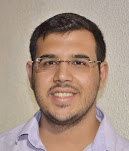
“What these kids need is love and attention,” he says. “In school they get yelled at and at home some of them have abusive parents or siblings. They may even have a police record themselves.”
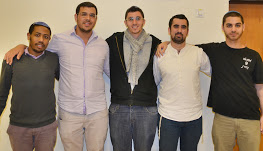
Makom Balev in Rehovot has groups for each grade from seven to 10.
About half of the group of 60 came together this week for a Tu b’Shevat seder. An interesting choice for a group where many of the kids aren’t from religious homes.
As is the tradition for the Tu b’Shevat seder, each group made a bracha on a fruit that grows in Israel. There was no carob. They wouldn’t have eaten it even if there were. They had apples, bananas, dates and a variety of other dried fruits. After the seder they had pizza.
“What we hope they’ll take away from the seder is the brachot on each fruit that they see the madrichim making,” Cohen Vaza says.
There were also four Tu b’Shevat divrei Torah by members of the religious garin that is connected with the local Yeshivat Orot Ya’acov. These are young families who have chose to make their homes in the Ushiot neighborhood of Rehovot.
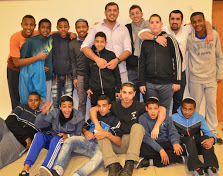
This was very meaningful to some of the boys.
“Shortly after I started as a madrich here three years ago, there was a fight. Before we could stop it one of the boys ended up in the hospital,” he says. “The boy who started the fight told me later that he didn’t care if they threw him out of school. He didn’t even care if he would be in trouble with the police. What worried him was whether he’d be able to keep coming to Makom Balev.”
“There are no bad kids,” Cohen Vaza says. “There are kids who have a hard time getting by in life.”
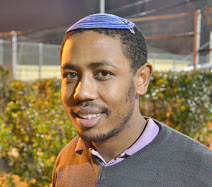
“I talk to some of the boys almost every day,” Cohen Vaza says. “We try to be like big brothers to them,” he says. “We give them what they need most: a supportive atmosphere based on love.”
“We hope that the Tu b’Shevat seder will be a step forward and will help create a generation who will make a positive contribution to Israeli society,” says Kobi Ziat, project coordinator for Makom Balev.
